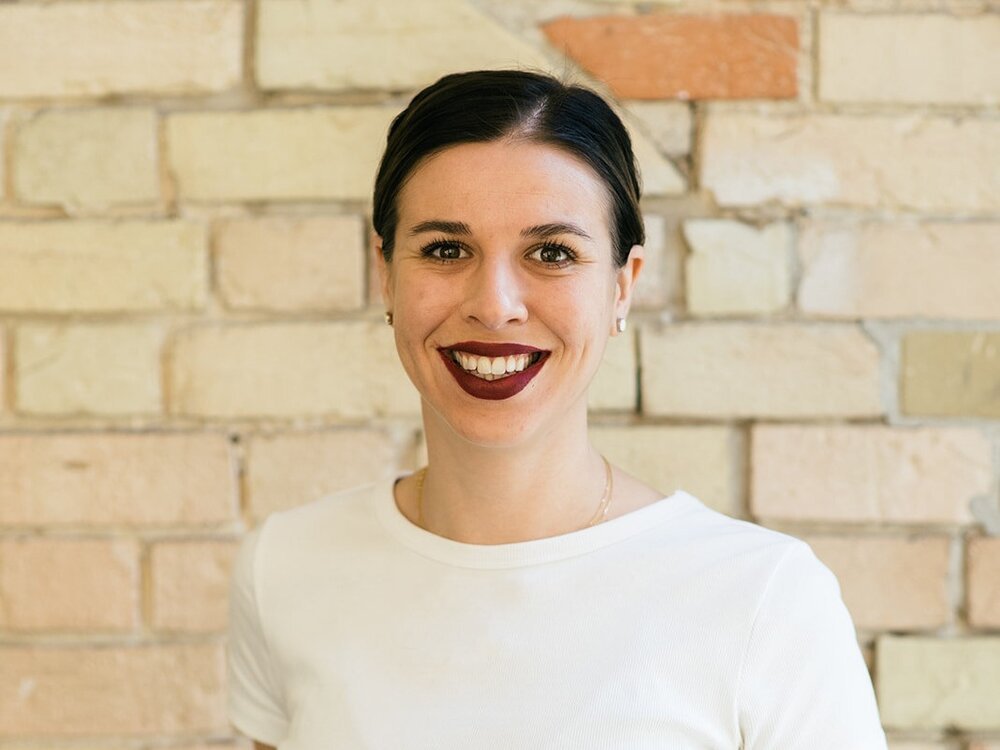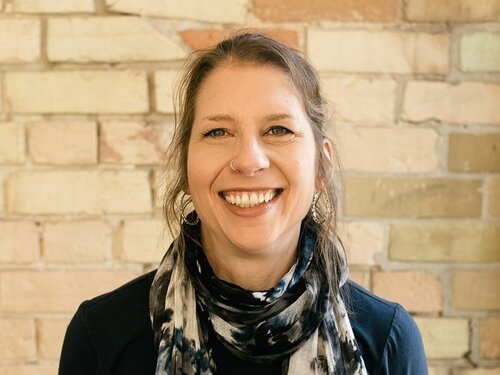We Can Do Better: Working with Survivors and People who have Caused Harm for Meaningful Accountability
Written by: Britney De Costa and Deb Eerkes
Throughout our time with Courage to Act, the Reporting, Investigations, and Adjudication Working Group has endeavoured to provide tools, strategies, and foundational knowledge necessary to build institutional complaint processes that are fair, trauma-informed, and reduce harm wherever possible.
When we began our work, we saw a resistance to incorporating what we have named as foundational standards – trauma-informed practice and harm reduction – into complaints processes out of what we saw as misplaced fear that doing so would infringe on the ability to be procedurally fair to the respondent. We therefore sought to dispel this idea, showing how accounting for the presence of trauma and taking steps to mitigate the inevitable harm in fact reinforces procedural fairness and makes complaint processes safer for everyone involved. We did so by clarifying that all three foundational standards apply to both the respondent and the complainant.
We wrote A Comprehensive Guide to Campus Gender-Based Violence Complaints, where we introduced the foundational standards of procedural fairness, trauma-informed practice, and harm reduction, and offered strategies for complaints process policy and practice. We offered training on the foundational standards, and deep dives into each step in the complaints process.
We also explored unsettled questions with expert panels to provide some guidance in areas where we don’t have the answers yet, and Deb created a “simple questions with complicated answers” blog series to give us a foundational understanding of some seemingly straightforward but nuanced concepts and questions.
But what became very apparent to us, however, was the fact that, even with a commitment to these foundational standards, complaints processes continue to be harmful for everyone involved. They are colonial processes that, no matter how good our policies and practices are, will never be supportive to the participants.
So while we’ve spent the last five years deep into the weeds of complaints processes, we’ve done so with the recognition that we are not going to make complaints processes perfectly safe, but that we should do what we can to make them as sound as possible while also advocating for them to not be the first or only option in response to gender-based violence.
Our final event, held earlier this month, took our work a step forward to show how we can move beyond complaints processes for meaningful accountability. We were honoured to invite Sarah Wolgemuth, Assistant Dean of Students at the University of Alberta, to deliver a keynote address – We Can Do Better: Working with Survivors and People who have Caused Harm for Meaningful Accountability – with the goal of showing how we can provide other, equally valid options beyond the complaint process as a survivor-driven approach while holding a person who caused harm accountable.
Building on the notion that “we can do better”, Sarah discussed various options for responding to gender-based violence that centre the survivor’s needs and offer supportive accountability for those who caused harm, addressing the needs of the individuals and community affected, and meeting the institutional obligation to maintain a safe and supportive learning and working environment.
As we wrap up the work we’ve done with Possibility Seeds’ Courage to Act Project, we want to encourage you to think about how you can do better at your own institutions. How can you support meaningful accountability without relying solely on an institutional process that will, invariably, cause harm to those involved?
Suggested Reference: De Costa, B, and Eerkes, D. (2023, June). We Can Do Better: Working with Survivors and People who have Caused Harm for Meaningful Accountability. Courage to Act. www.couragetoact.ca/blog/wcdb
Britney De Costa
Britney (she/her) is a settler living and working in Thadinadonnih, or “the place where they built,” territory of the Mississaugas of the Credit. She is a researcher and policy analyst who holds a Master of Social Work and a Master of Laws from the University of Windsor where she learned from students, community advocates, and critical scholars who informed her approach to systemic, community-led advocacy. Britney brings experience working for poverty reduction, disability justice, and access to education, and most recently worked at the Ontario Undergraduate Student Alliance as staff support for student leaders advocating for safe and accessible post-secondary education in the province. Britney is passionate about gender justice and brings experience from her time as a student advocate educating others and raising awareness of the prevalence of gender-based violence on campuses and in the community. Her work with Courage to Act focuses on creating safer, trauma-informed complaints processes and addressing the gaps that make students vulnerable to sexual harassment in experiential or work-based learning.
Deb Eerkes
Deb (she/her) is the Sexual Violence Response Coordinator at the University of Alberta. Her role includes reviewing and strengthening institutional policy and procedures, ensuring training programs are accessible and reflect best practices, and building a network of expertise and resources across the institution. Deb has formerly held a number of positions and responsibilities at the University of Alberta, including Student Ombudsperson, University Discipline Officer, Human Rights Officer and Director of Student Conduct & Accountability. She has been a key participant and leader of many institutional initiatives, including development of the Sexual Violence Policy suite, the restorative justice program in University residences, the Helping Individual at Risk policy suite, and the academic integrity program.



